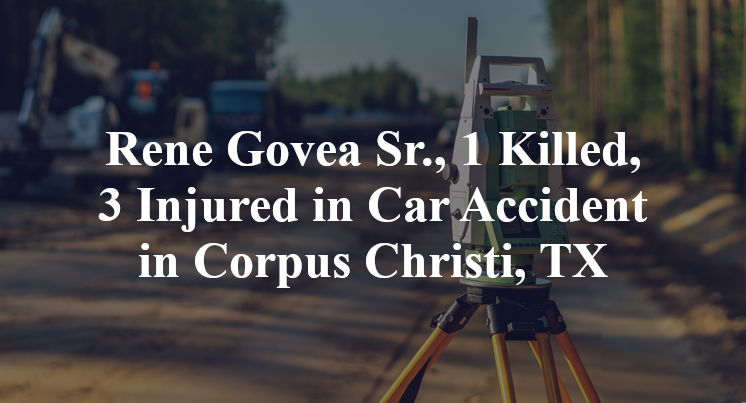Corpus Christi, TX — September 14, 2025, Rene Govea Sr. and one other were killed, others were injured, after a car accident at 6:30 a.m. on Weber Road.
Investigators said in preliminary statements that the accident took place along Weber Road at Tripoli Drive, just south of Highway 358.

According to officials, 45-year-old Rene Govea Sr. was driving a BMW southwest along Weber Road. A Cadillac was going northwest and allegedly failed to yield. As a result, the vehicles collided.
Due to the collision, Rene Govea Sr. and a woman in the Cadillac were killed. Three others involved in the accident were injured. At this time, no further information is available at this time.
Commentary
As open-and-shut as these details may seem, serious accidents require serious investigations. That unfortunately doesn’t always happen, which is why it can be helpful to keep some key questions in mind.
1. Did authorities fully examine the crash to confirm how and why it happened?
It’s one thing to say someone “failed to yield,” but proving that with physical evidence—such as skid marks, point of impact, and witness accounts—can make a major difference in determining responsibility.
2. Were both vehicles thoroughly inspected for possible mechanical failures?
Brake failure, tire issues, or steering problems could all contribute to a failure to yield. Ruling those out ensures the crash isn’t blamed on driver error if there was more going on.
3. Has crash data from both vehicles been recovered and reviewed?
Most modern vehicles store data like speed, brake input, and steering before impact. That evidence can clarify exactly what happened and whether the actions of one or both drivers contributed.
If authorities can provide clear answers, then that likely means the victims’ loved ones will get the closure they need. But if authorities are coming up short, the crash may need more thorough independent investigations.
Key Takeaways:
What may look like a clear-cut case can still hide important details.
Mechanical inspections and crash data are often essential for the truth.
Families and victims deserve full transparency—asking the right questions helps ensure that.
